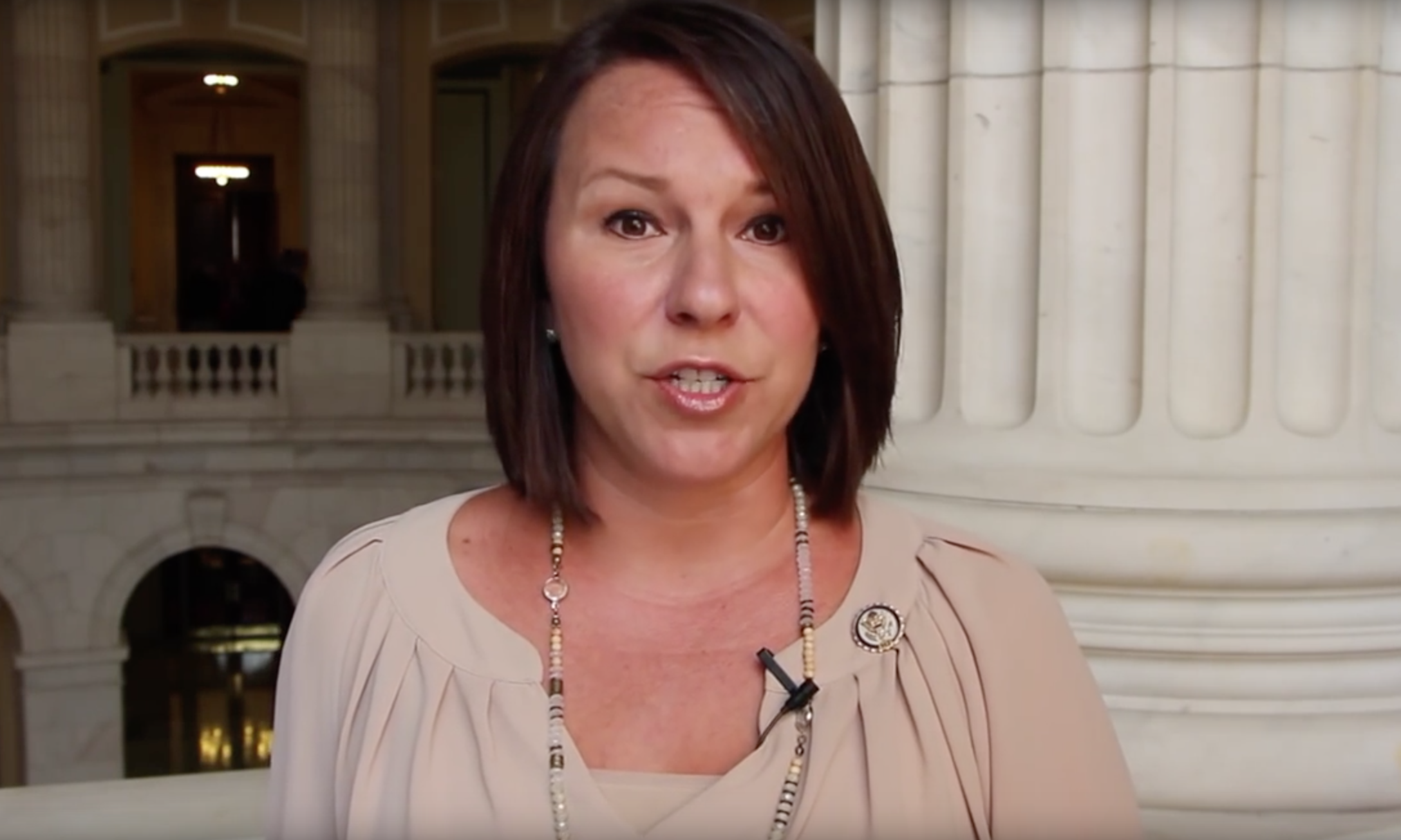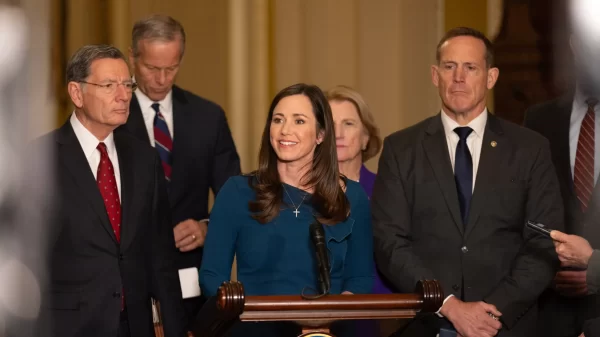Monday, Congresswoman Martha Roby, R-Montgomery, announced that farmers who have been adversely impacted by foreign retaliatory tariffs are now eligible for a second round of USDA mitigation payments.
“On Monday, the Trump administration opened the second round of applications for the Market Facilitation Program,” Roby said. “MFP is designed to aid farmers and ranchers whose commodities have been directly impacted by foreign retaliatory tariffs, and President (Donald) Trump authorized USDA to provide up to $14.5 billion in direct payments through MFP.”
“These payments will be made to mitigate the losses for non-specialty crops, specialty crops and animal products,” Roby added.
For more information about eligibility and to apply, click here.
On May 23, U.S. Department of Agriculture Secretary Sonny Perdue announced that there would a second round of MFP payments to farmers impacted by retaliatory tariffs.
In May 2018, Trump announced tariffs on goods imported from a number of foreign countries, citing what he felt were unfair trade practices. One of these countries was China. China was the largest purchaser of American agricultural products, particularly soybeans. Prior to 2018, China purchased half of the soybeans grown in this country. China immediately retaliated against American farmers with tariffs and by purchasing fewer American agricultural products
For historical perspective the price of a bushel of soybeans peaked on Aug. 12, 2012, at $17.58. It came back down to more reasonable levels of about $9.88 a bushel. On May 28, 2018, soybeans were trading at $10.21 a bushel. Then the trade war started. By July 19, the soybeans were trading at $8.19. The appearance of some success in trade talks saw soybean prices rise to $9.25 by Jan. 19 of this year. Then the bottom fell out again and price plummeted to $8.09 by May 6. That was the lowest price in 12 years. Soybeans are currently trading at $8.53.
While China is threatening not to buy American agricultural products ever again, on Wednesday experts in the industry said that Brazil and Argentina, China’s new suppliers, do not have sufficient supply to satisfy China’s needs forcing them to come back to the U.S.
On Monday, U.S. Sen. Doug Jones, D-Alabama, said at a town hall in Hamilton, “I am worried about our agriculture because of tariffs. Soybean farmers and cotton farmers are getting hit hard.”
“You can’t sell the soybeans,” Jones said. “Farmers don’t want a handout; they want a market. The Chinese bought half of our soybeans. If something does not change farmers are going to lose that market in China. There are more and more bankruptcies among farmers there are more and more suicides among farmers.”
The price of lean hogs also took a hit last year, but there prices have rebounded significantly after the signing of the Mexico, Canada Agreement. Mexico and Canada are the U.S.’s largest purchasers of pork, though China is also huge. Pork producers are hopeful that Congress will ratify the MCA.
There was some good news for farmers on the trade front on Friday when the United States and the European Union have reached an agreement where the E.U. will raise the quota on the amount of high quality U.S. beef they allow into the E.U. The E.U, has agreed to lift the quota from 18,500 metric tons a year to 35,000 metric tons duty free. The beef must be hormone free. Some American ranchers implant sex steroids into their growing calves to increase performance. This is legal in the U.S., but the practice is banned in Europe.
National Cattlemen’s Beef Association President Jennifer Houston said in a statement, “This is a good day for American cattlemen and cattlewomen. President Trump and his trade team deserve a lot of credit for standing up for America’s cattle industry and securing this market access to Europe.”
A similar opening up of the Chinese market to American beef is one of the goals of the Trump trade negotiations.
Roby represents Alabama’s Second Congressional District.
(Original reporting by RFD TV’s Market Day Watch contributed to this report.)






















































